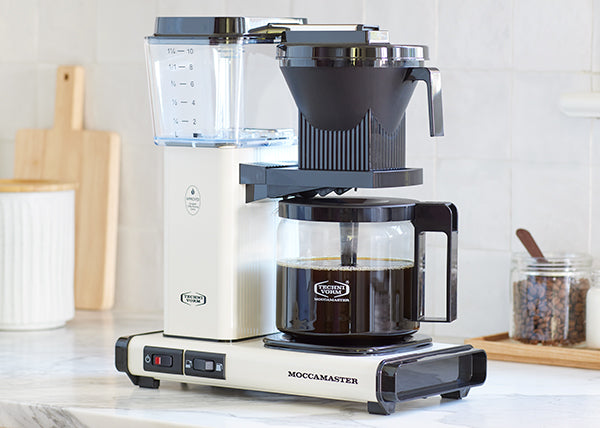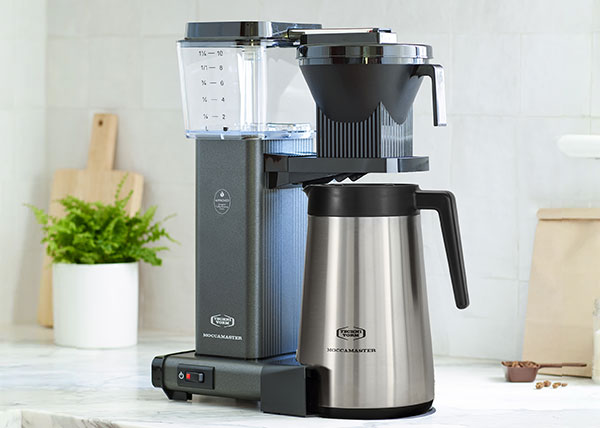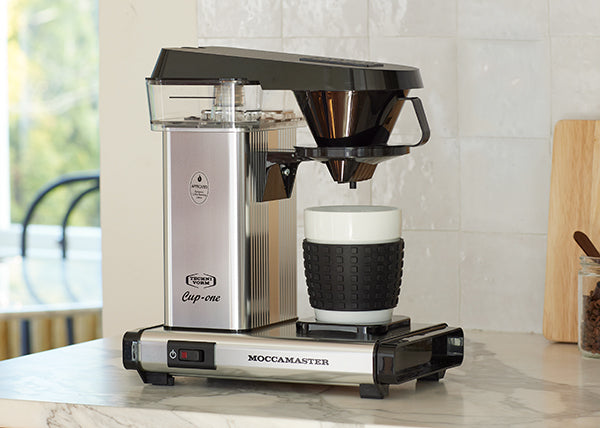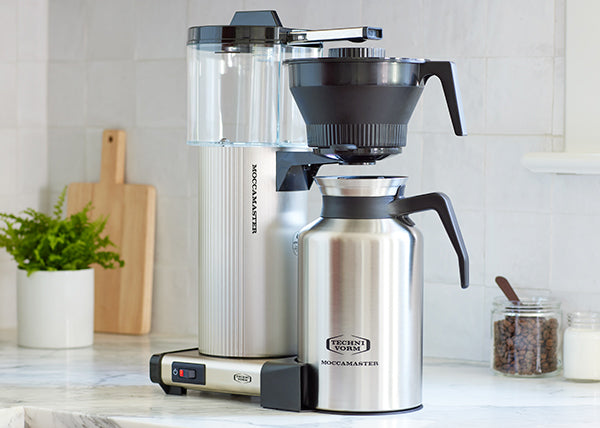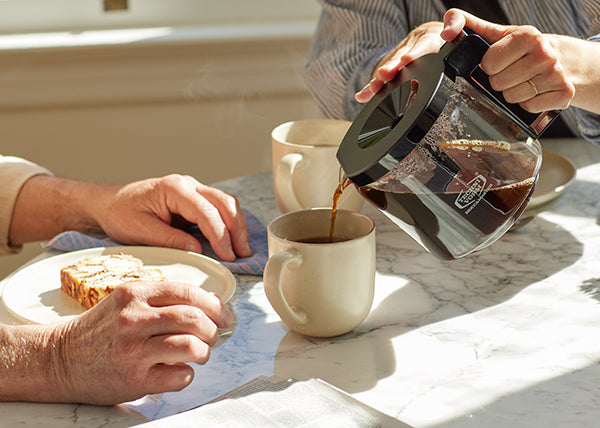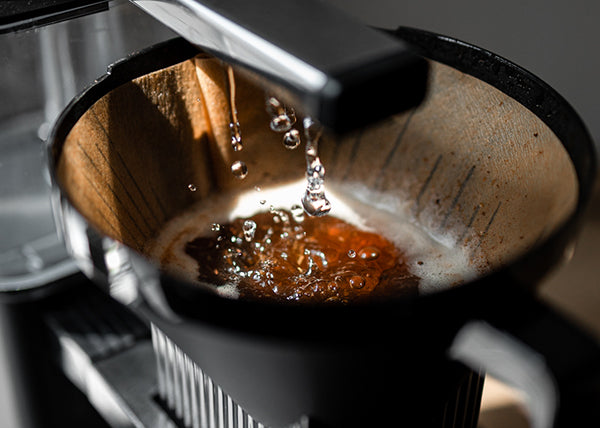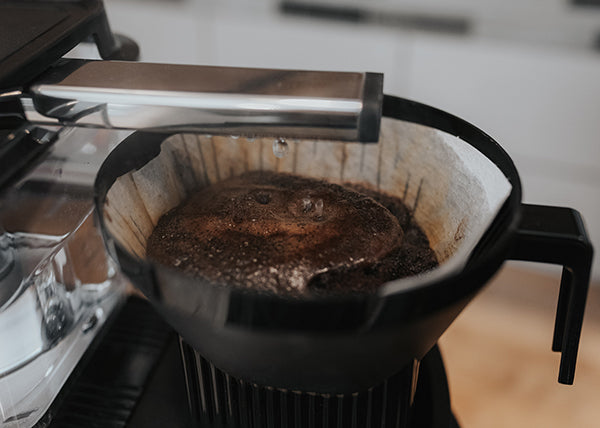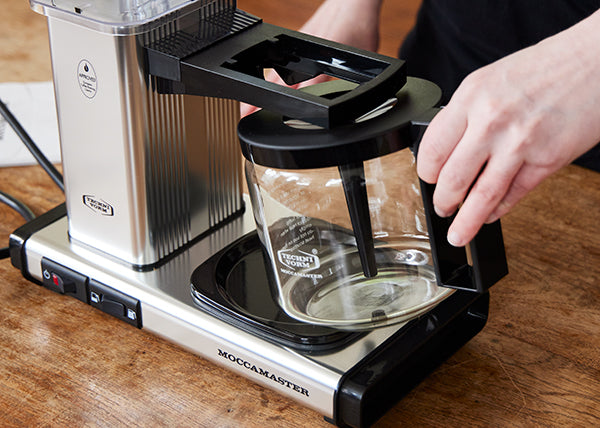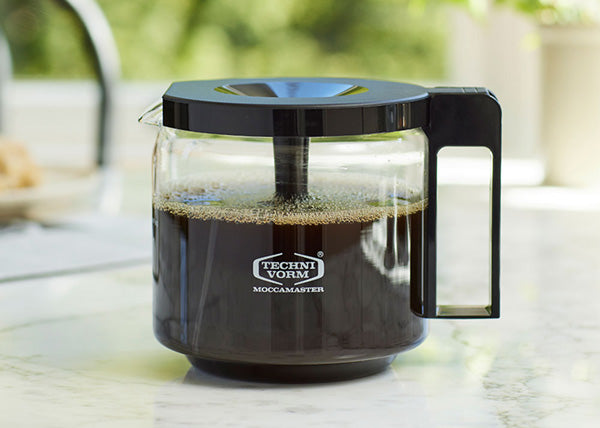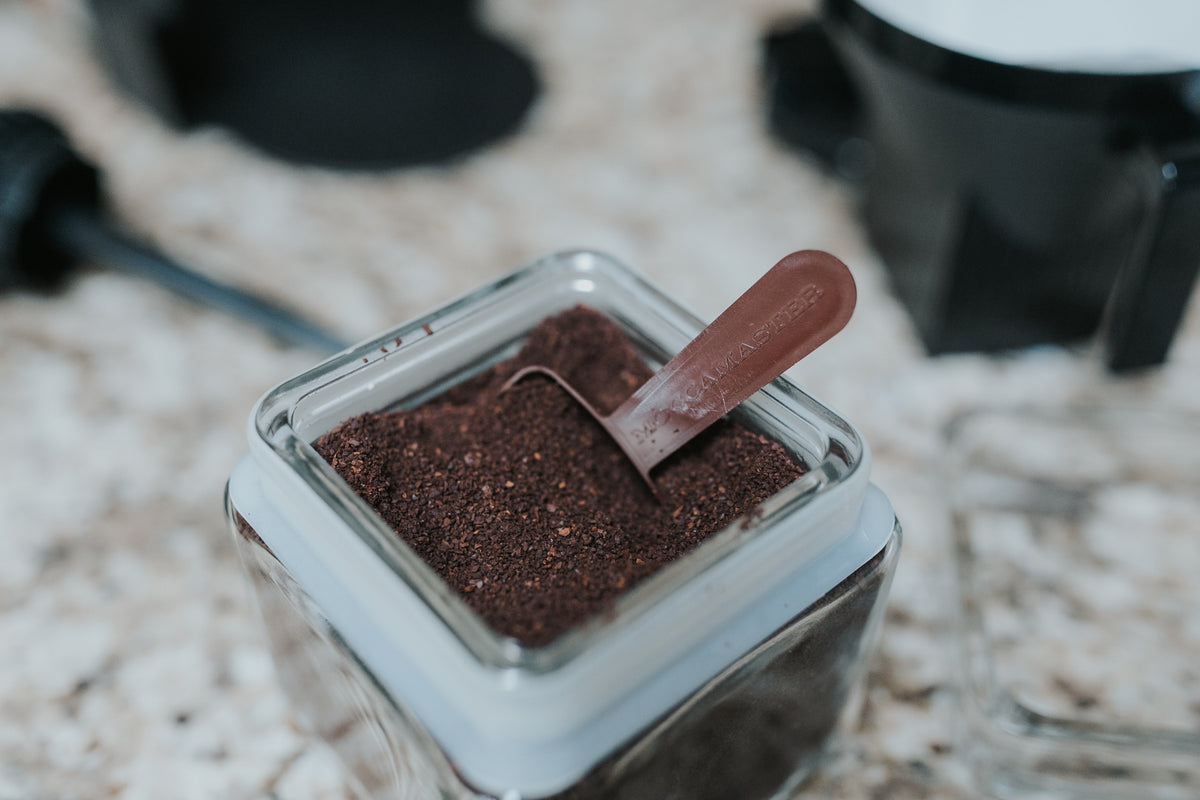Sustainability is often broken into three intertwined categories (or pillars): social, economic, and environmental. Coffee roasters have actively embraced these pillars for many years, often through third-party certifications.
Each week, throughout April 2022, we are celebrating a different sustainable roaster for Tuesday Brew Day, but by no means are these the only sustainably focused coffee roasters. Many roasters have made great strides in sustainable practices. Rather than provide you with a list of roasters, we've put together some of the most common and essential elements to look for so that you can make informed decisions when looking for sustainable roasters.
B Corp Certification
A Certified B Corp is a for-profit company that has been given private third-party certification for its social and environmental performance. The requirements are stringent, and certification must be renewed every three years. Learn more
Organic Certification
Organic certification means the agricultural products must contain 95% organic ingredients with no synthetic growth hormones, antibiotics, pesticides, biotech, artificial ingredients, or irradiation used in production or processing. Learn more
Carbon Neutral Certification
Also referred to as Net Zero Carbon, this term means the company or product balances out the carbon emissions they generate by offsetting their emissions through internal practices or funding renewable energy or energy efficiency projects. Learn more
Fair Trade Certification
Fair Trade Certification means the product was grown, harvested, or made by farmers and workers according to the three pillars of sustainability: social, environmental, and economic. This certification often means paying higher prices to coffee producers and ensuring that workers are treated humanely. Learn more
Rainforest Alliance Certification
Rainforest Alliance's primary focus is on protecting forests, responsible land management, reducing climate change, and addressing human rights and working conditions, using the three pillars of sustainability. Learn more
Bird-Friendly Certification
The Bird-Friendly certification ensures the survival of migratory birds that overwinter in and around coffee farms. It is one of the strictest sustainable certifications and goes beyond USDA Organic, Rainforest Alliance, and Fair Trade. Learn more
Shade-Grown
The label "shade-grown" is not a certification for sustainability on its own. Instead, it is a critical attribute that means that forests were not removed to grow coffee, which is an essential sustainable approach that also leads to bird survival discussed above. Learn more
Sustainable Sourcing
When it comes to sustainability, sourcing is fundamental. Sustainable sourcing addresses three key issues: knowing where the coffee comes from, how it was produced, and identifying opportunities to invest in programs that sustain production, support communities, and conserve nature. Learn more
In-House Procedures and Processes
There are three aspects to look for when it comes to the in-house procedures and processes of a sustainable coffee roaster:
- Energy Efficiency: Do they use solar panels or other renewable energy sources? Do they monitor, reduce, and limit power usage?
- Waste Reduction: Do they employ recyclable/compostable packaging and products? Do they engage in local recycling and composting at their roasters?
- Philanthropic initiatives: Do they donate, partner, or work with eco-friendly charities or sustainable farms?
Keeping these certifications and standards in mind will help you pursue sustainable coffee roasters. Don't forget to check out our Tuesday Brew Day blog throughout Earth Month as we highlight a different sustainable coffee roaster each week.


